

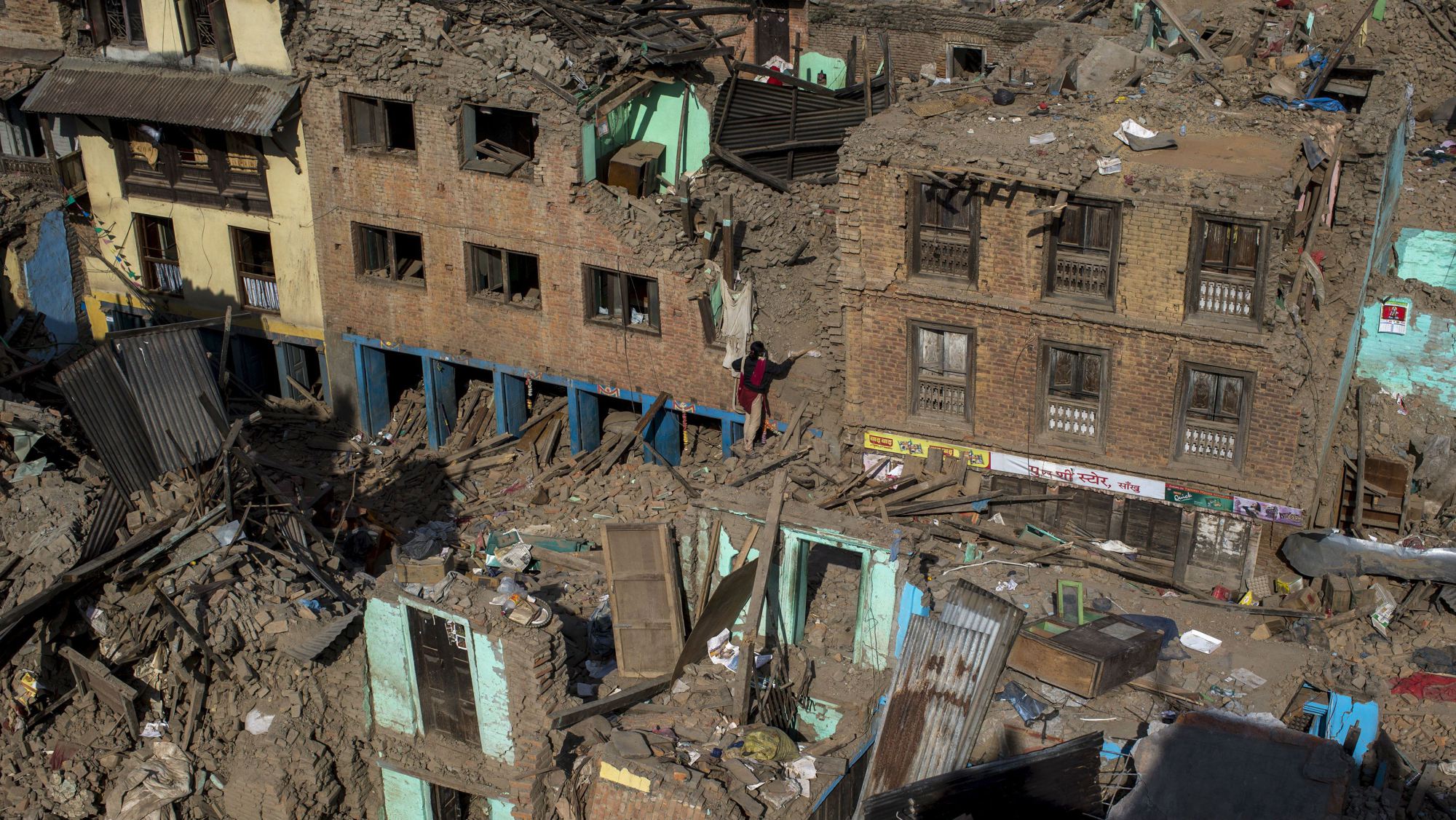
A powerful earthquake measuring 7.1 magnitude hit Nepal and western China on Tuesday morning, resulting in the deaths of at least 53 people and injuries of 62 others. The epicenter of the quake was located in a remote region in Tibet, where the India and Eurasia plates meet. The area is known to be prone to earthquakes and has experienced at least 10 quakes of magnitude 6 or higher in the past century. The shockwaves from the earthquake were felt in parts of northern India and Nepal's capital, Kathmandu. The USGS stated that the quake occurred due to normal faulting at shallow depth, with a focal mechanism solution indicating rupture on a north-south striking fault.

As China experiences an outbreak of Human Metapneumovirus, also known as HMPV, health officials in Telangana, India have issued a list of precautions for the public, despite no reported cases in the state. The respiratory virus, which primarily affects children, immunocompromised individuals, and the elderly, can lead to a wide range of symptoms, including mild cold-like illness and more serious respiratory conditions. However, the Indian health agency has assured that there is no cause for alarm and that the country does not need to worry at this time.
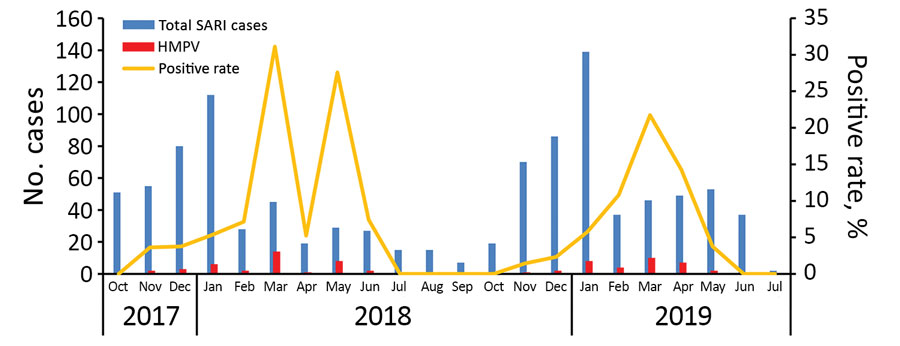
While China is dealing with a potential outbreak of HMPV, the common cold-like virus, India has reported zero cases of the virus. The Director General of Health Services Dr. Atul Goyal reassures the public that the country's hospitals are well-equipped to handle respiratory illnesses and urges people to follow standard precautions like avoiding close contact during a cough or cold. With no significant increase in respiratory outbreaks in India, there is no need for panic. China, on the other hand, has announced plans to develop protocols for managing unknown pathogens.
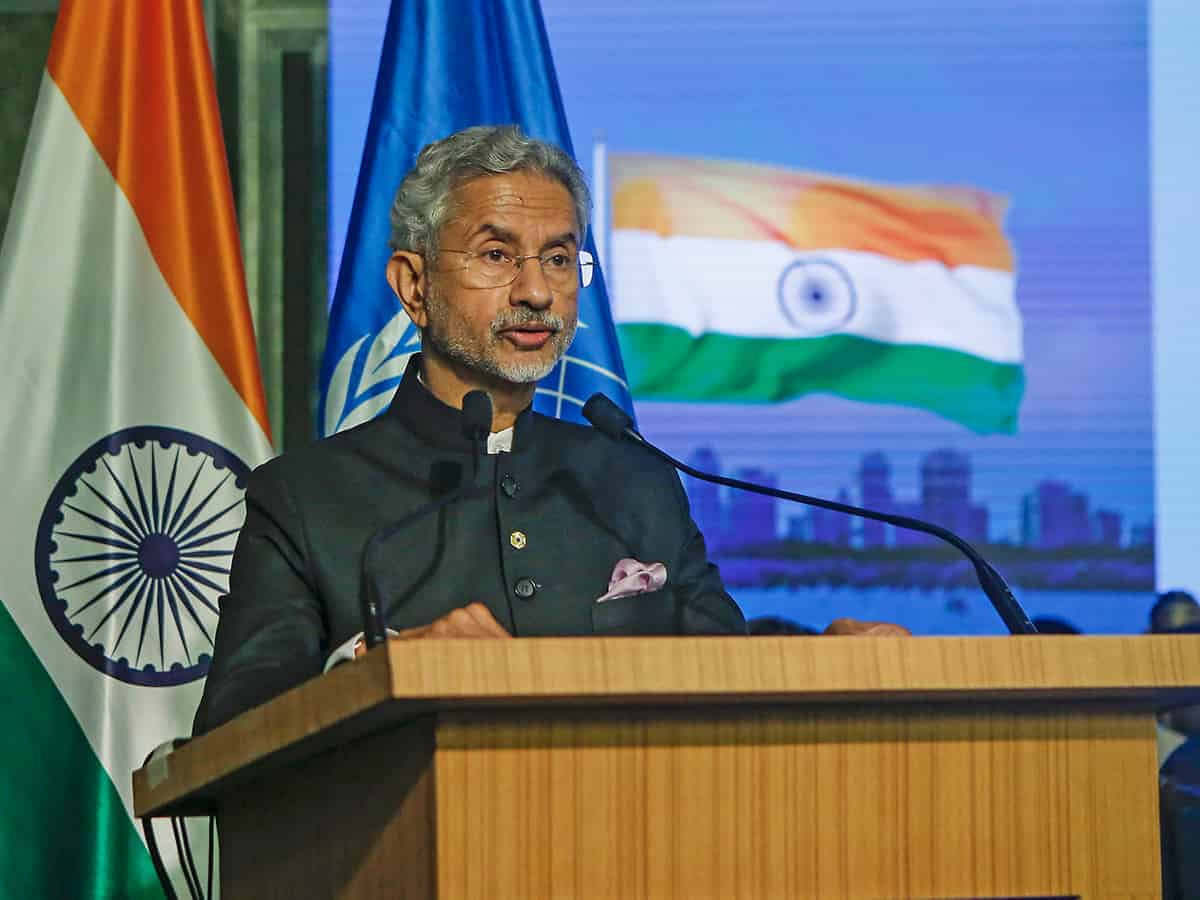
Amid Uproar, Jaishankar Confirms India's Accessibility to Depsang and Demchok Patrolling Points after Disengagement with China The ongoing tension between India and China reached the parliament when Congress MP Manish Tewari questioned the accessibility of Indian patrolling points in Depsang and Demchok after recent disengagement. In response, Minister of External Affairs S Jaishankar clarified that after the understanding between the two countries, the Indian forces now have access to all patrolling points, including the historically disputed areas in Depsang. Additionally, Indian troops have reported that Chinese troops have withdrawn from the Depsang area, allowing Indian forces to patrol the Y Junction and Raki Nala as agreed upon in the meeting.

The final game of the FIDE World Chess Championship 2024 will decide whether 18-year-old Gukesh D of India becomes the youngest world champion in history or if reigning champion Ding Liren of China will continue his reign. If Game 14 ends in a draw, the two players will continue the battle in rapid tiebreaks according to the tournament's rules. The tension is high as both players enter the match with equal score of 6.5 points each, making it a must-watch game for all chess enthusiasts. Stay tuned for updates from the exciting final round between Ding Liren and Gukesh D!
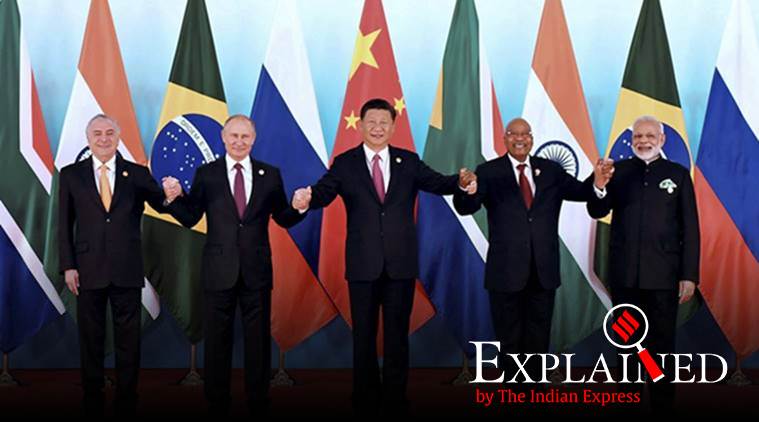
The relationship between developing nations and the US dollar has been turbulent in recent decades, with the decision in 1944 to adopt the dollar as the global trade currency having a lasting impact. Now, with the BRICS bloc musing at a new common currency and countries like Russia and China pushing for de-dollarisation, Trump has taken to social media to threaten against any such moves. While India has denied any plans to move away from the dollar, Trump's remarks have raised eyebrows and added to the already tense relationship between the US and BRICS nations.
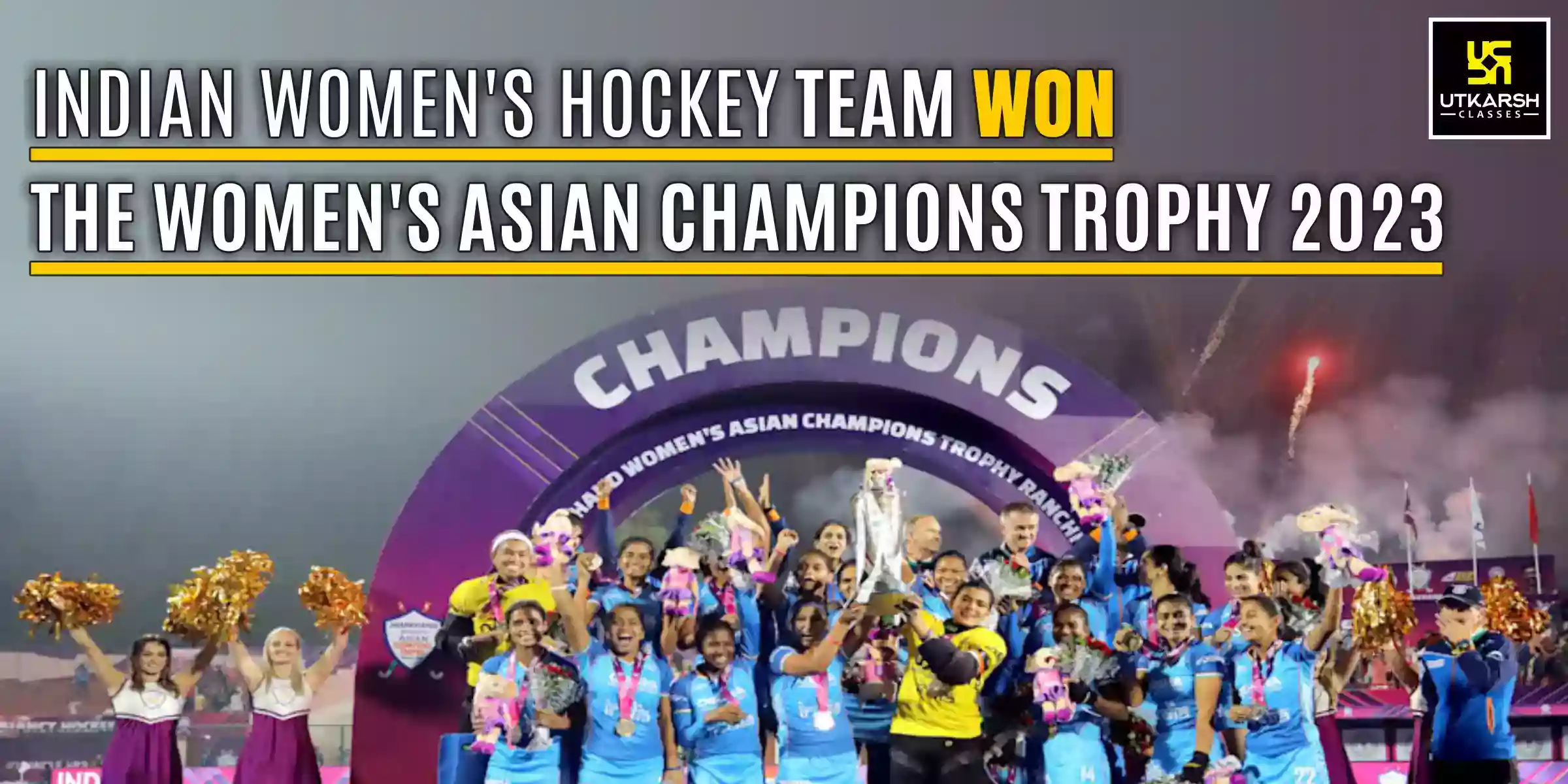
Despite a cautious start, the Indian women's hockey team managed to defeat China in a close 1-0 match and claim the Asian Champions Trophy title for the second time. Player-of-the-tournament Deepika scored the lone goal for India, bringing her total to 11 goals in the tournament. Despite China's efforts, the Indian team was able to control the game and secure the victory. The team's struggles with penalty corners continued, but their overall performance was strong enough to earn them the championship.
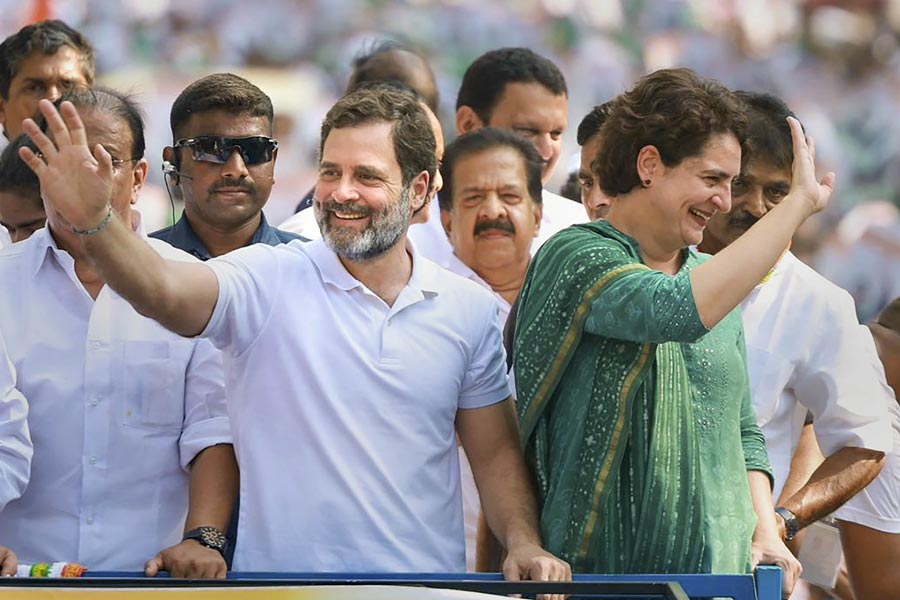
In a strongly-worded statement, Kerala Chief Minister Pinarayi Vijayan lashed out at Congress leader Priyanka Gandhi Vadra, accusing her of contesting the Wayanad bypoll with the support of Jamaat-e-Islami. He alleged that the Jamaat had issued directions to members to vote for the UDF candidate and that the terrorist outfit had openly supported the Congress party in the state. This accusation came after a report stated that the disengagement process between India and China in the Depsang and Demchok areas of the Eastern Ladakh sector had been almost completed, leading to a reduction in tension along the border. Vijayan also referenced Congress' alliance with the Indian Union Muslim League (IUML), which he claimed had links to the Jamaat.

In a speech addressing personnel from various branches of the Indian armed forces, Prime Minister Narendra Modi emphasized the country's commitment to protecting its borders and the strength of its armed forces. He expressed gratitude towards the army for their sacrifices and outlined plans for modernizing and unifying the three branches of the military. This comes in the wake of recent border tensions and successful disengagement between India and China.
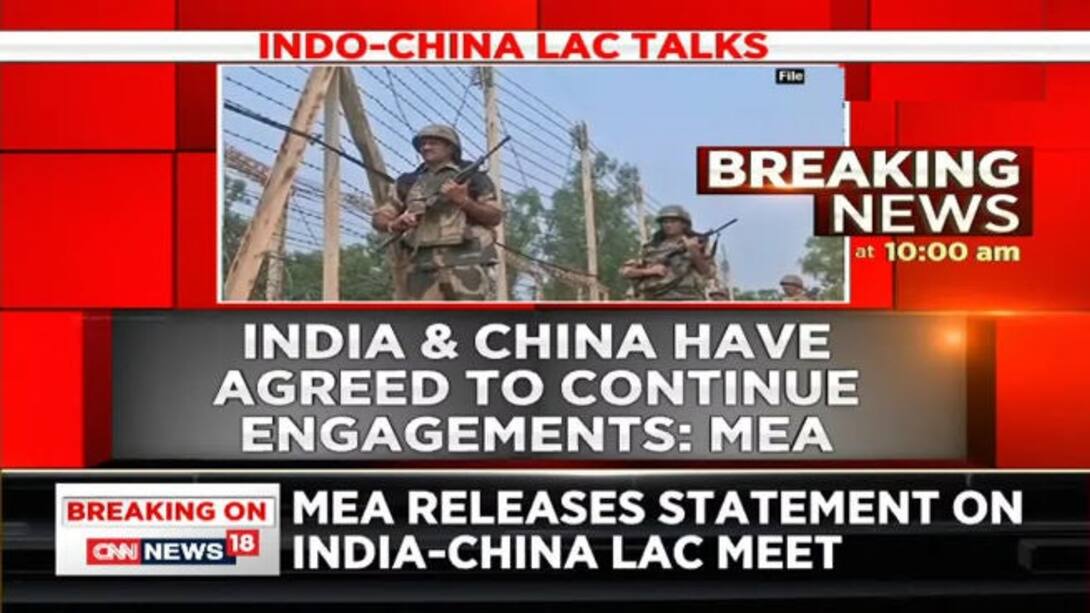
After days of negotiations, India announced Monday that an agreement had been reached with China on patrolling arrangements along the Line of Actual Control. However, China did not mention this in a media briefing in Beijing the following day, raising questions about the implementation of the pact. In New Delhi, Army chief General Upendra Dwivedi emphasized the need for trust-building measures between the two countries in order for the agreement to be successful.